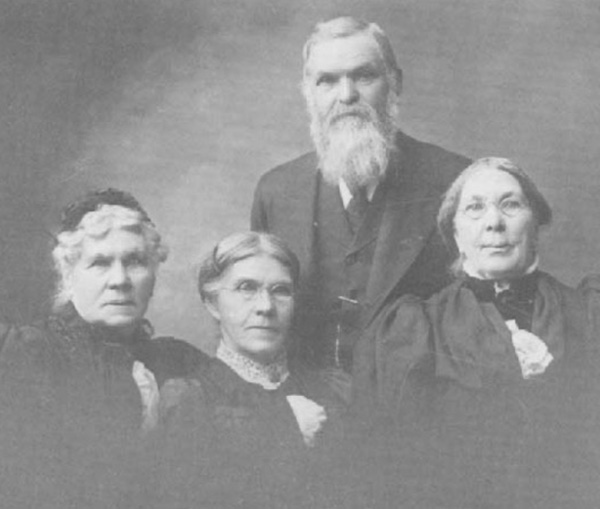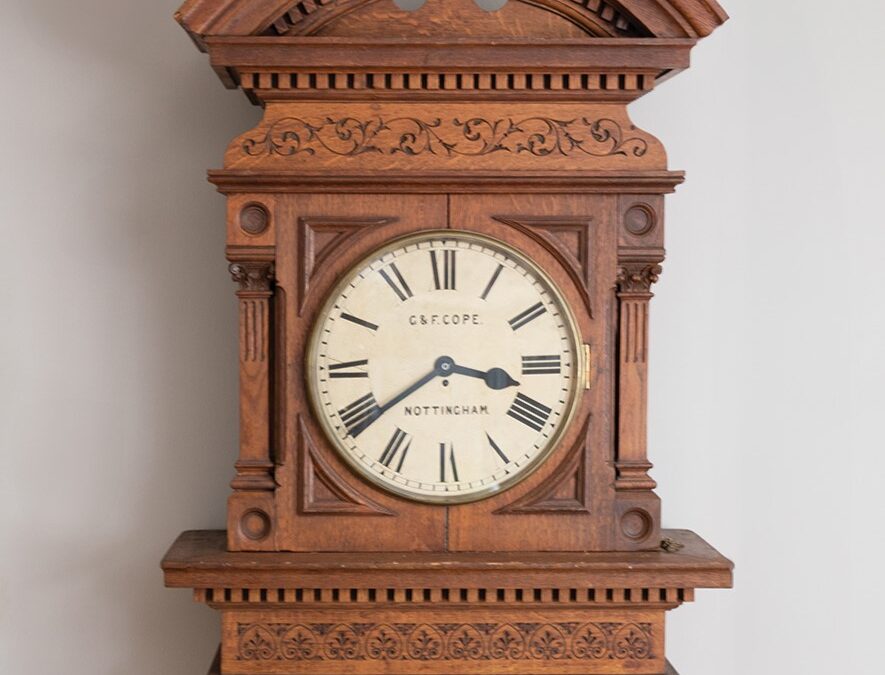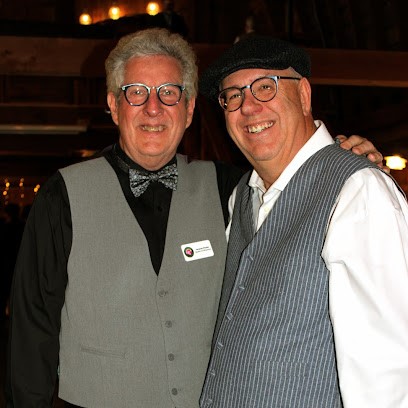
PHOTO BY: LINA TROCHEZ ON UNSPLASH
Apologizing takes humility, courage and good timing.
Apologizing takes humility, courage and good timing. My daughter seems to think that many have a hard time mastering a sincere and meaningful apology because of pride and no accounting of the soul. What is an apology? An apology is a debt that needs to be paid. That is why we say, “I owe you an apology.” And, forgiveness is a gift.
I just don’t like the act or work of apologizing; but I like the harmony it brings. Claiming responsibility for an offence (a major misstep) is difficult because we like to think we are decent folk. Apologizing forces us to change how we view ourselves. Which then brings us to the essence of vulnerability.
I heard an elder man apologize to an aide recently. He did not justify his behavior and his attempt was heartfelt. Forgiveness was not something he asked for. It wasn’t about the erasure of the offence nor putting the person on the spot. He paved the way for a true reconnect. People highly value sincerity.
So, does a sincere apology actually restore your self-worth? A good apology can benefit both parties. Receiving an apology can be the first step in forgiving the offender. We do not like being damaged by conflict. We are wired to try to restore important relationships. Otherwise, we are scattering bad vibes and feeling lousy. But we do want to skip over the hard stuff—the work of repair.
You’ve heard it—“I said I’m sorry” and the expectation of entitled forgiveness—I don’t think anyone is entitled.
Perhaps the most important thing I can do to raise a gracious apologizer, is to do it myself more often. Apologizing to your spouse and your children more often is setting a powerful example.
It’s never easy, no matter how old we are. We do need the social harmony that apologizing brings so that we can act with more integrity in the world.
Margaret Wachholz is the campus marketing director at Woodbury Senior Living. In her column, she shares observations and wisdom about aging and senior living in our community.





















